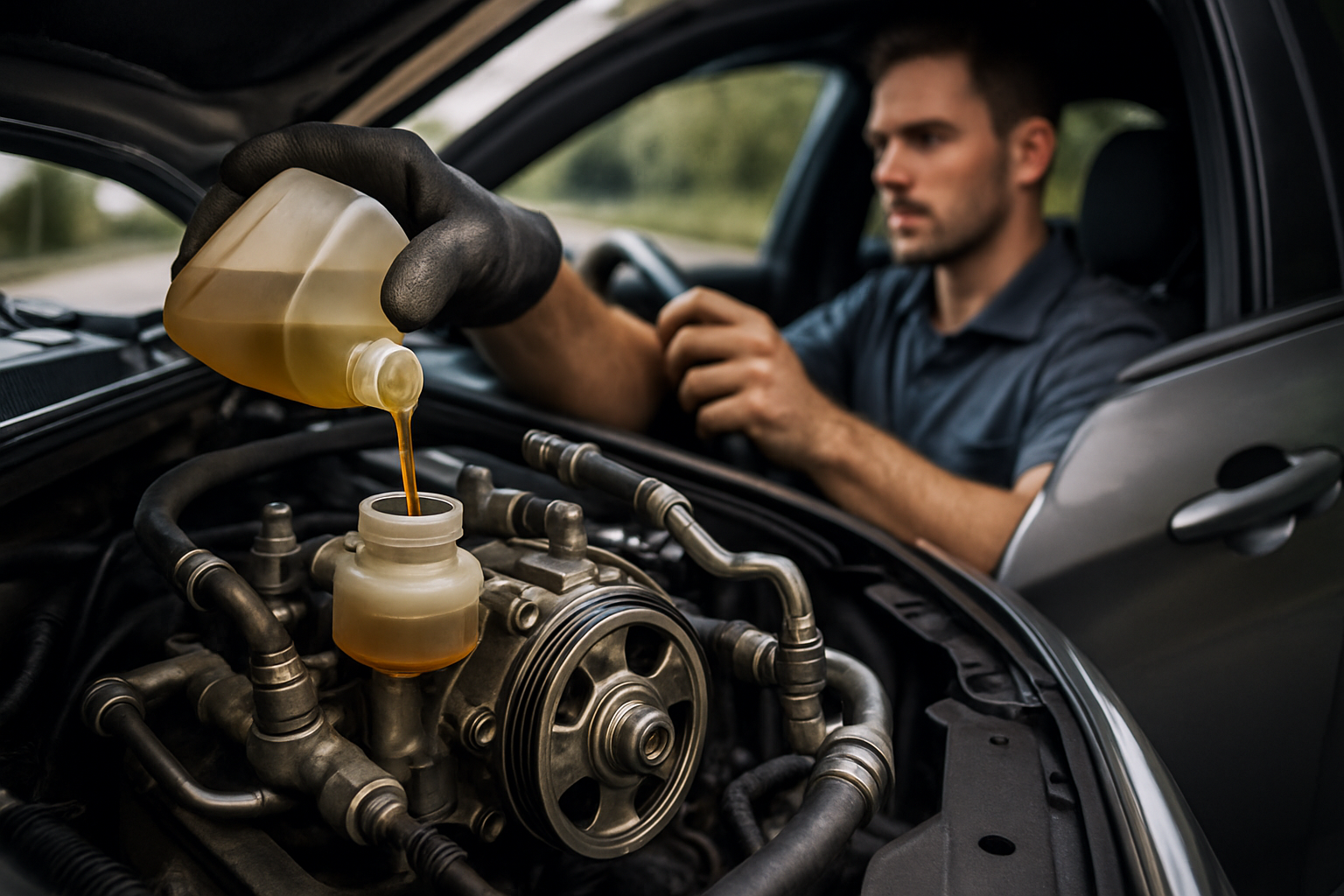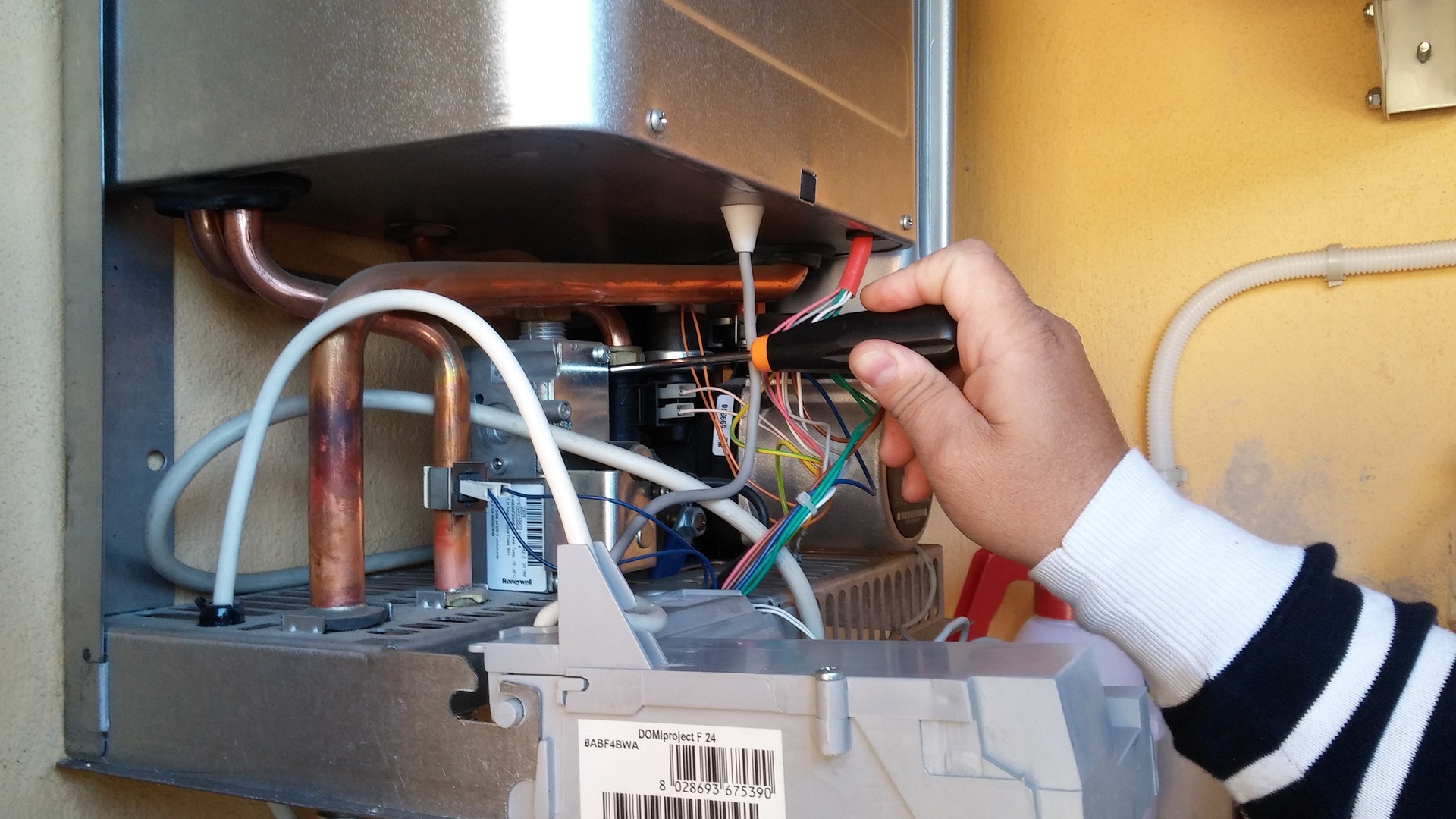Police Impound Cars for Sale: A Comprehensive Guide
Impounded cars aren’t just vehicles left behind—they can present opportunities for buyers seeking value and variety. From sedans to SUVs, exploring impounded cars may reveal options worth considering, offering a chance to find reliable transportation at competitive prices.

What Are the Potential Benefits of Buying Impounded Cars?
Purchasing a police impound car can offer several advantages for savvy buyers. One of the primary benefits is the potential for significant cost savings compared to traditional used car markets. Impounded vehicles are often sold at prices below market value, as the primary goal for law enforcement agencies is to clear inventory rather than maximize profits. This can create opportunities for buyers to acquire vehicles at substantial discounts.
Another advantage is the diverse range of vehicles available at impound auctions. From everyday sedans to luxury vehicles and even rare or vintage models, the selection can be quite varied. This diversity allows buyers to potentially find unique or hard-to-find vehicles that may not be readily available through conventional dealerships or private sellers.
What Are the Risks Associated with Purchasing Impounded Cars?
While the potential for savings is attractive, buying an impounded car comes with its share of risks. One significant concern is the unknown history and condition of the vehicle. Unlike traditional used car sales, impounded vehicles often come with limited or no information about their maintenance history, previous owners, or potential mechanical issues. This lack of transparency can make it challenging to assess the true value and reliability of the vehicle.
Additionally, impounded cars are typically sold “as-is,” meaning the buyer assumes all responsibility for any repairs or issues that may arise after the purchase. This can lead to unexpected expenses if significant mechanical problems are discovered post-sale. It’s also important to note that some impounded vehicles may have been involved in criminal activities, which could potentially complicate the transfer of ownership or lead to unforeseen legal issues.
How Can Buyers Ensure They’re Getting a Good Deal on Impounded Cars?
To maximize the chances of a successful purchase, potential buyers should approach impounded car sales with caution and thorough preparation. One crucial step is to research the specific vehicles of interest before attending an auction or sale event. This includes checking the vehicle identification number (VIN) to obtain any available history reports and verifying that the car is not subject to any ongoing legal issues or liens.
Inspecting the vehicle in person, if possible, is also highly recommended. Many auction houses or police departments offer preview periods where potential buyers can examine the cars before bidding. During this time, it’s wise to look for signs of damage, wear, or potential mechanical issues. If allowed, bringing a trusted mechanic to perform a more thorough inspection can provide valuable insights into the vehicle’s condition.
What Documentation is Required to Purchase an Impounded Car?
The documentation required to purchase an impounded car can vary depending on the jurisdiction and the specific auction or sale process. However, some common requirements include:
-
Valid government-issued identification
-
Proof of address
-
Funds for payment (often in the form of cash, cashier’s check, or money order)
-
Valid driver’s license
-
Vehicle insurance information (if planning to drive the car off the lot)
It’s important to note that some auctions may require pre-registration or a bidder’s license. Potential buyers should carefully review all requirements and prepare the necessary documentation in advance to avoid any last-minute complications.
How Does the Bidding Process Work for Impounded Car Sales?
The bidding process for impounded cars can vary depending on the agency or auction house handling the sale. In many cases, auctions are conducted in person, with potential buyers placing bids on vehicles as they are presented. Some jurisdictions have moved to online auction platforms, allowing for remote bidding and expanded access to a wider pool of buyers.
Regardless of the format, it’s crucial for bidders to set a maximum budget and stick to it. The excitement of an auction environment can sometimes lead to overbidding, potentially negating any potential savings. It’s also wise to factor in additional costs such as auction fees, taxes, and potential repair expenses when determining a bidding strategy.
What Steps Should Buyers Take After Winning an Impounded Car Auction?
After successfully winning a bid on an impounded car, there are several important steps to complete the purchase and ensure a smooth transfer of ownership:
-
Pay for the vehicle according to the auction’s guidelines and timeline
-
Obtain all necessary paperwork, including the bill of sale and any transfer documents
-
Register the vehicle with the local Department of Motor Vehicles (DMV)
-
Arrange for insurance coverage before driving the vehicle
-
Conduct a thorough inspection and address any immediate maintenance or repair needs
-
Consider having the car professionally detailed to address any cosmetic issues
By following these steps and being prepared for potential challenges, buyers can navigate the process of purchasing an impounded car with greater confidence and increase their chances of a successful transaction.




